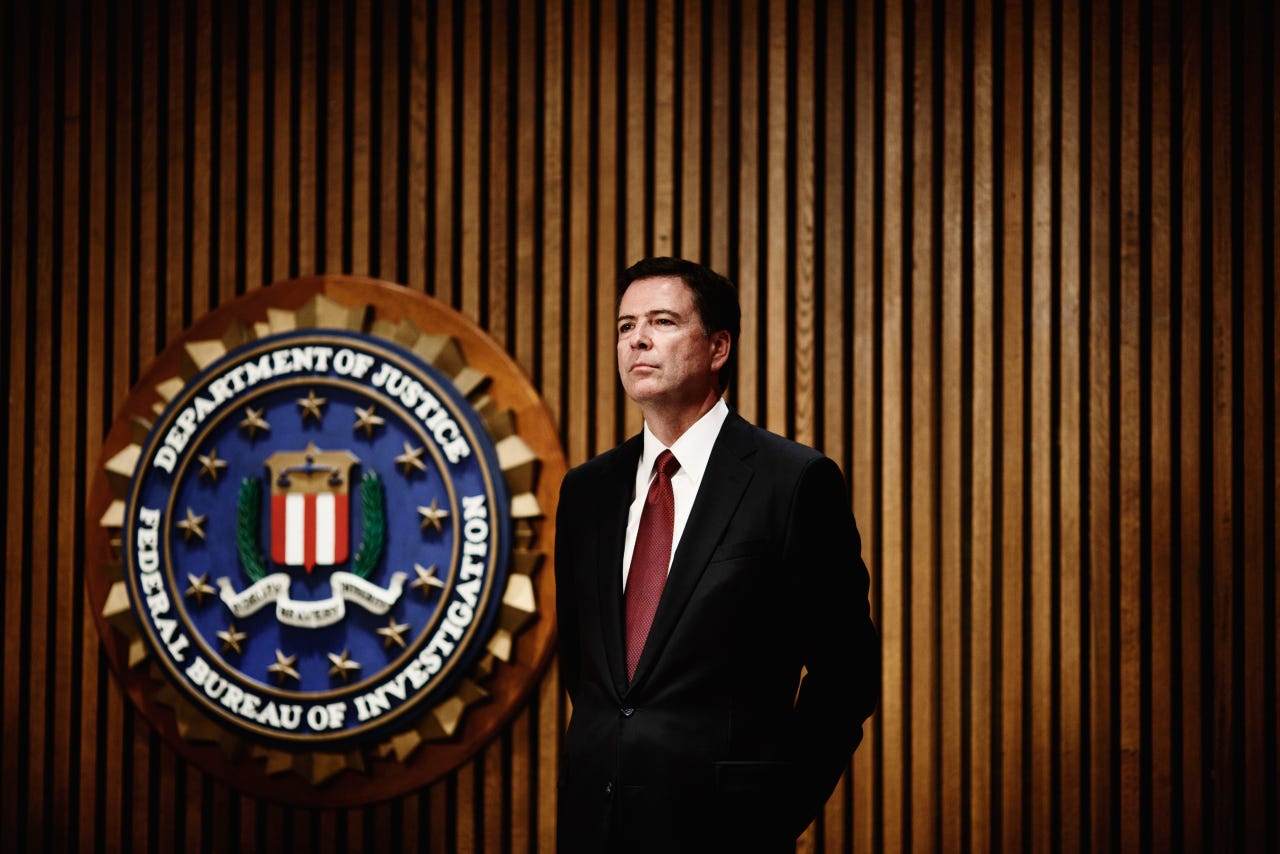FBI gains expanded hacking powers after lawmakers' attempts to block fail


(Image via CBSNews.com)
US intelligence and law enforcement will at midnight receive newly expanded surveillance powers, following a rule change approved by the Supreme Court earlier this year.
Congress had until the end of November to pass a bill reversing the rule change, which would come into force automatically on December 1, despite concerns that the powers could put the privacy of millions of Americans at risk under a new administration, whose initial picks have advocated for greater domestic surveillance powers to combat terrorism.
Despite a ramp-up in bipartisan rhetoric in recent days, Congress did almost nothing to stop it.
A last minute effort on Wednesday by the Senate failed to block the so-called Rule 41 change, which allows magistrate judges to issue search warrants for a slew of US agencies to remotely access and search computers in any jurisdiction, including abroad.
The government had argued it needed the powers to investigate systems where their location had been obscured.
Magistrates were only able to allow federal agencies to conduct searches within their own jurisdiction, often confined to a few counties. But the Justice Department said in recent days that the rule change would help prevent botnet-style attacks on US services and infrastructure, as well as ransomware attacks that often target indiscriminately.
Senator Ron Wyden (D-OR), who opposed the rule change and led a legislative effort to delay the rule change, called the move "one of the biggest mistakes in surveillance policy in years," according to Reuters.
Wyden said that the current and incoming governments will have "unprecedented authority to hack into Americans' personal phones, computers and other devices."
Other lawmakers spoke alongside Wyden to oppose the move, including Sen. Chris Coons, (D-DE), who said that the new rules will take effect without knowing the repercussions.
"While the proposed changes are not necessarily bad or good, they are serious, and they present significant privacy concerns that warrant careful consideration and debate. It is our responsibility to do our jobs and thoroughly evaluate the merits and ramifications of the proposed changes," he said.
But Senator John Cornyn (R-TX), the second ranking Republican in the chamber, blocked a vote, ensuring the rule change would go into effect.
Critics have argued that the rule change would allow the government to go to judges who are considered to be "prosecutor friendly," thus making it easier to obtain a warrant with less scrutiny.
Security
"The failure to delay changes to Rule 41 and give Congress the chance to debate and consider the impact on privacy and cybersecurity is disappointing, to say the least," said Robyn Greene, policy counsel and government affairs lead at New America's Open Technology Institute.
"More concerning is that Congress is allowing this rule change, which significantly expands government hacking -- a tactic that is more privacy invasive than wiretapping and one that [the Justice Department had] been using for two decades -- without having established any rules of the road to protect Americans' constitutional rights," she added.
The changes have come under heavy scrutiny by privacy groups, including the Electronic Frontier Foundation and the American Civil Liberties Union.
The powers have come into effect a little over a month before president-elect Donald Trump and a Republican-controlled Congress take office.
Trump's two recent team picks -- Sen. Jeff Sessions (R-AL) for attorney general and Rep Mike Pompeo (R-KS 4th) for director of the Central Intelligence Agency -- have both pushed for an expansion of domestic surveillance, alarming some civil liberties advocates.
The two lawmakers previously pushed for a reversal of the 2015 law that barred the government from collecting phone records in bulk, including the time, date, and phone numbers of every US resident.
Edward Snowden, whose revelations into mass government surveillance sparked the legislation, tweeted that as a result of the rule change, the rights of every American "have been narrowed".